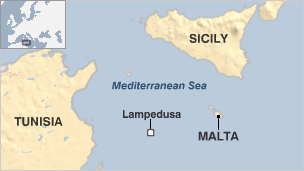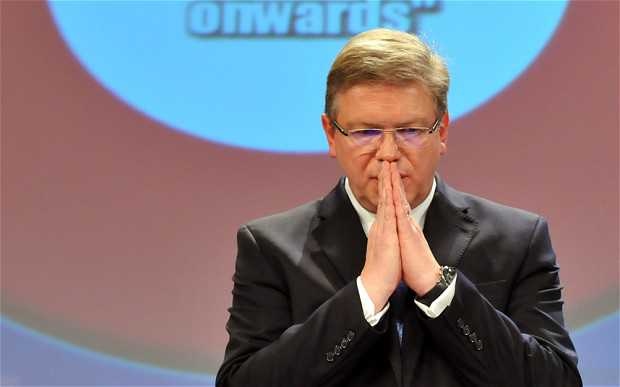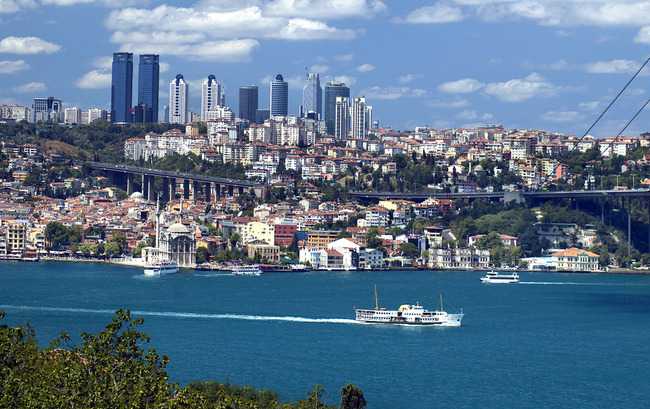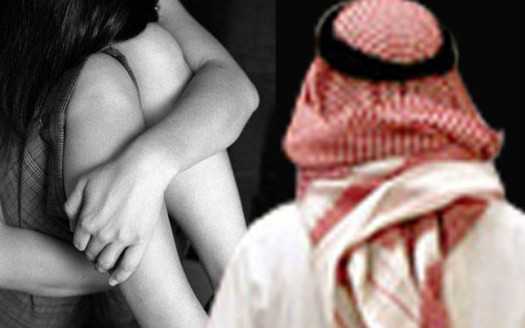 According to BBC Malta’s prime minister has said European waters close to Africa are turning into a cemetery, after another boat laden with migrants capsized.
According to BBC Malta’s prime minister has said European waters close to Africa are turning into a cemetery, after another boat laden with migrants capsized.
Joseph Muscat said Malta felt “abandoned” by the rest of Europe and urged the EU to take action.
Malta and Italy launched a rescue operation after a boat capsized on Friday, killing at least 50 people.
It happened 120km (70 miles) off Lampedusa, the Italian island where at least 300 migrants drowned last week.
The loss of life has renewed the debate within EU member states on migration rules.
Children among dead
In the latest incident, the vessel carrying more than 200 migrants is believed to have encountered difficulties in Maltese waters just before sunset on Friday.
I don’t know how many more people need to die at sea before something gets done”
Joseph MuscatMaltese prime minister
The migrants used a satellite phone to raise the alarm but the boat capsized when passengers crowded to one side as they tried to get the attention of a passing aircraft, the Maltese navy said.
The BBC’s Matthew Price, on Lampedusa, says the boat was carrying Syrians and Palestinians.
The Syrians already in the refugee centre on Lampedusa had spoken to friends and relatives who had boarded the vessel, he says.
One couple who had survived the journey with their nine-month-old daughter said they had spent an hour in the water.
The husband had held the child to his chest to keep her alive, but he had been unable to help his son, who had drowned in front of them.
“Helicopters rescued 120 people”
Earlier on Friday, at least 500 other migrants travelling in separate boats were rescued in coastguard operations near the Italian island of Sicily.
Also on Friday, a separate boat accident off the Egyptian port of Alexandria claimed the lives of at least 12 migrants.
Egyptian security officials said 116 people, mostly Palestinians and Syrians, were pulled from the water.
Budget cuts
Mr Muscat said prompt action between Malta and Italy had saved lives, but he complained that the rest of Europe had supplied only “empty talk”.
“I don’t know how many more people need to die at sea before something gets done,” he said.
“Rules need to change, whether they are tighter or looser is not the issue, the fact is that this thing is broken and it needs to be fixed.
“As things stand we are building a cemetery within our Mediterranean Sea.”
After last week’s tragedy off Lampedusa the European Commission called for the EU to launch Mediterranean-wide search and rescue patrols to intercept migrant boats.
The EU’s Frontex border agency, set up in 2004, has seen its budget cut from 118m euros (£100m; $160m) in 2011 to 85m euros in 2013.
Italy has previously appealed to EU states for help in coping with the thousands of illegal migrants who wash up on its shores every year.
Our correspondent says European leaders face a quandary as they struggle to balance political pressures to restrict migrant numbers with the need to assist those desperate enough to risk such a perilous journey.
‘Sadness and anxiety’
Lampedusa, 120km off the North African coast, is a key destination for migrant vessels bound for Europe.
Tens of thousands attempt the crossing to Lampedusa, Sicily and other Italian islands each year.
The latest rescue operation swung into action after the Maltese air force spotted the boat and alerted Italian naval vessels still in the area after last Thursday’s disaster.
Helicopters were used to lift many to safety but nightfall hampered the rescue operation.
At least 33 people were confirmed dead, with one report estimating the death toll at 50.
Mr Muscat’s office said 147 survivors had been picked up by a Maltese patrol boat and were being taken to Malta. Another 56 had been saved by Italian crews.
The prime minister said the dead included three small children.
Cecilia Malmstrom, the EU Commissioner for Home Affairs, praised the swift Italian and Maltese rescue effort, which she said had helped reduce the potential death toll.
She said in a statement that she was following the operation with “sadness and anxiety”.
“These new horrible events are happening while we still have the shocking images of the tragedy in Lampedusa in our minds,” she added.







